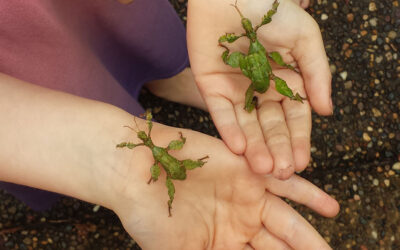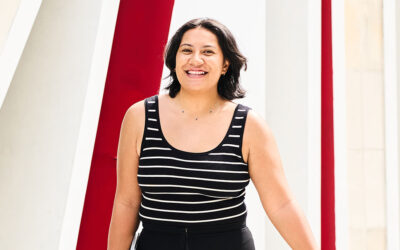Sucking is a natural instinct for babies, and there is nothing cuter than watching a baby sucking his or her thumb! But there’s a time when you want to stop a child sucking their thumb.
As infants, the first contact a baby usually has with sucking is at their mother’s breast to drink breast milk. Milk contains a protein that is converted into serotonin in the brain and creates a sleepy, tired and relaxed feeling. Children who become attached to sucking as they get older still get a physiological payoff every time they do it. There are very few ways to mimic this amazing sensation, however, prolonged sucking can lead to complications to the development to the childs teeth and jaw.
When parents try to discipline their child or get visibly upset over their child sucking their thumb, the sucking usually worsens. By the time parents make the decision to get help, they have tried every trick in the book to stop the sucking. Parents do the very best they can and shouldn’t blame themselves.
What are some problems thumb sucking can cause?
- an anterior open bite
- very high narrow palate development which impacts on dental arch development
- breathing and dental alignment of the teeth
- teeth being pushed outward or inward by the pressure of the fingers or the thumb
What age should children stop sucking their thumb?
After age five, when permanent dentition may start growing, the continuous thumb sucking will affect the alignment of these newly erupting teeth.
The earlier a child stops sucking the better. But before 12 months, mouthing is normal and we need to provide optimum opportunities for kids to suck and chew in appropriate ways. By doing this, babies should turn into kids that have had optimal oral experiences and sucking habits should lapse.
At four and a half to five years of age, children are bright and receptive and are often ready to stop their sucking. This is a great age to begin a formalised program.
Any mechanical or aversive approach to stopping a child younger than five years sucking their thumb can result in withdrawals including bad behaviour and transfer to another habit, such as, nail biting, cheek chewing or chewing on clothing.
As mentioned earlier, children under five years are still quite young, each with different levels of maturity. Age five is the time when a child can start to really listen and understand other people’s points of view. They are able to take on a bit more responsibility and they generally want to please. This is the best time for a behaviour modification program to be initiated and the best chance for success.
What type of damage can thumb-sucking cause to a child’s teeth?
It is not just about the damage to the teeth as such, it is more about the alignment of the teeth and the shape of the jaw, which is a big concern. Development of mouth breathing habits, low resting tongue posture and an open bite is very hard to correct if the habit continues past the age of five.
What can parents do at home to help their child to stop sucking their thumb?
As you can imagine, breaking a habit when you are an adult can be hard enough so you can imagine how challenging it could be for a child. The first night is usually the hardest, so parents can make sure they offer their unconditional love and support during this time – lots of cuddles and kisses.
You could be in for some long days and nights and it is easy to become impatient from being tired so it is best for both parent and child to keep calm and just remember your child is only young and doing the best he or she can.
Involving the whole family can help your child feel even more supported. You can create incentives and have some rewards when your child is doing well, along with praising your child when you notice them not sucking.
What treatment methods are available to help a child sucking their thumb?
Gold Coast Dental and Denture Centre offers a specially designed program that include a detailed and thorough assessment of the underlying issues that may have contributed to the development of the thumb sucking habit.
The child may have underlying psychological or physiological issues and these need to be recognised and addressed before a successful habit cessation program can be put in place. If a child is seen to have underlying medical issues, the child is referred to other specialists for assessments such as:
- allergy testing
- ENT (ear, nose, throat) for tonsils and adenoids
- speech pathology
- tongue tie assessment
- reflux and gut issues
- family situations or mimicry of siblings
- stress and anxiety
If you would like more information on thumb sucking or childhood nonnutritive habits, head to www.gcdenturecentre.com.au or call (07) 5532 4168.
This article was contributed by Gold Coast Denture Centre
RELATED:
The benefits of black and white books for babies
Ready to move from a cot to a big bed?


